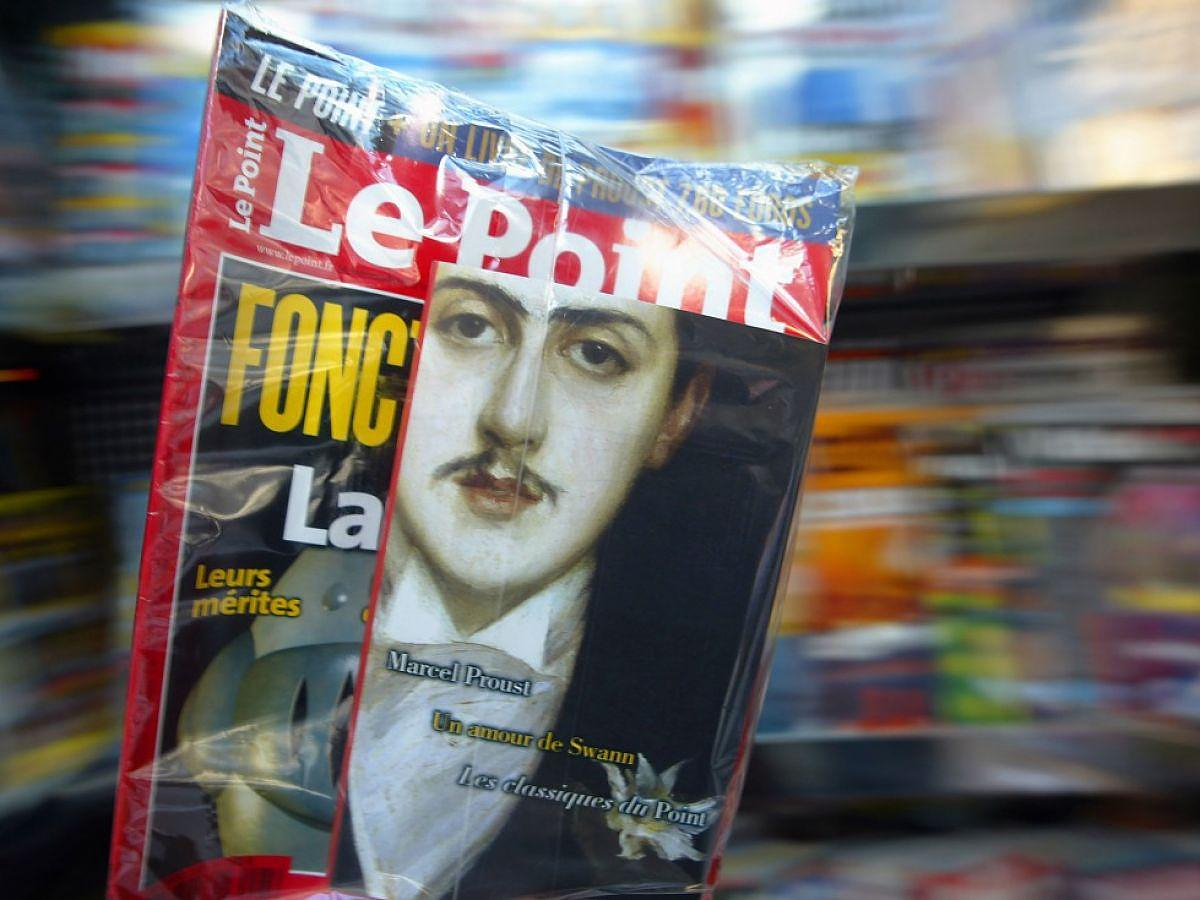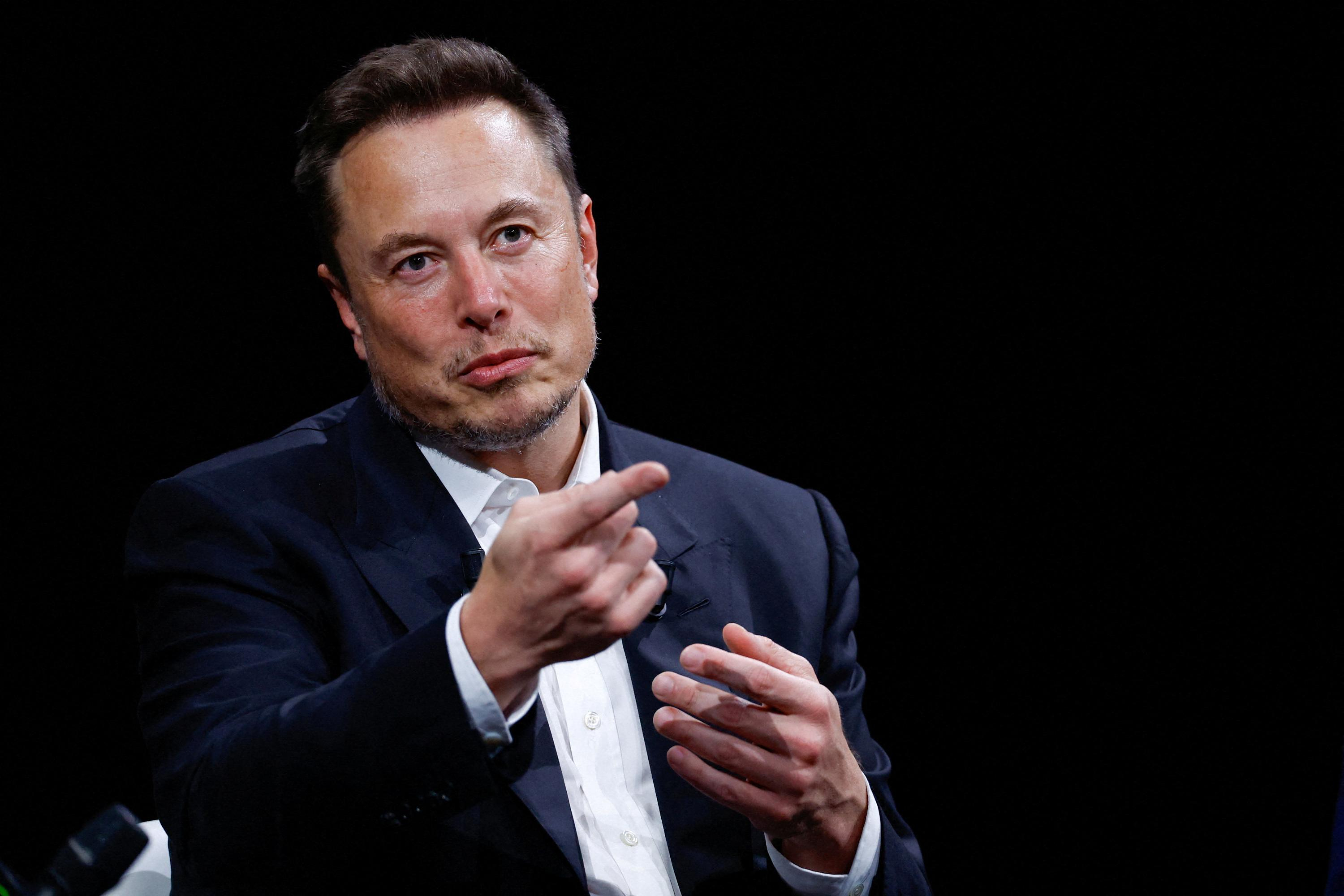Facebook boss Mark Zuckerberg admitted in an interview that the social media group “significantly” slowed down the sharing of information about the so-called “Hunter-Biden laptop” affair in autumn 2020. He said so on Thursday's Spotify podcast The Joe Rogan Experience; From the time mark 1:47:40, Zuckerberg spoke there with moderator Joe Rogan about Hunter Biden, the son of US President Joe Biden, and the question of the admissibility of censorship on social media.
According to Zuckerberg, in the run-up to the 2020 US presidential election, the US federal agency FBI reached out to Facebook and asked the company to be “vigilant” about the spread of “Russian propaganda”. According to Zuckerberg, the FBI justified this with the effects of Russian disinformation in the 2016 election.
The social media group had therefore waited five to seven days for the evaluation of "external fact checkers" on the affair surrounding Hunter Biden's laptop, said Zuckerberg. In recent days, the "circulation" of relevant information on Facebook has been "reduced". You didn't want to decide "what is true or what is false". When asked by Rogan whether Zuckerberg would regret the information suppression given the existence of Hunter Biden's laptop, which was later confirmed by many media outlets, and a reasonable suspicion of the existence of compromising emails, the latter replied: "Yes, that was crap!"
But Zuckerberg also said he believes the preliminary review and information throttling process chosen by Facebook was correct. "We said to ourselves at the time: The FBI, which I still believe is a legitimate institution in this country, is a very professional law enforcement agency - if they come to us and say we should be vigilant, then I take it seriously," said Zuckerberg. In doing so, he also defended the authority against allegations that it was recently exposed to allegations of political instrumentalization in connection with a search of ex-President Trump's property.
The trigger for the "Hunter-Biden-Laptop" affair shortly before the Trump-Biden election was an article in the US tabloid "New York Post" dated October 14, 2020. The authors claimed access to a laptop's hard drive from Hunter Biden, the son of then presidential candidate Biden. Emails reconstructed from that laptop's hard drive are said to have implicated Hunter Biden, and indirectly his father, in corrupt deals in Ukraine's energy sector.
To this day it remains unclear how true the allegations are. The reason for this: Security and digital experts have not yet agreed on how many of the allegedly reconstructed emails on the laptop were authentic. In addition, with regard to the laptop as evidence, one cannot speak of the integrity of the so-called custody chain - which means that the laptop was not initially secured by an investigating authority as evidence and then locked away, but passed through many hands. Those hands included those of Trump attorney Rudy Giuliani, who offered the laptop story, including access to the hard drive, to some media outlets in 2020 before both ended up in the New York Post.
But one thing is certain: Hunter Biden has repeatedly tried and was successful in monetizing his name; He was also a drug addict for a long time, which in the recent past has repeatedly led to the publication of photos showing Biden in incriminating situations. Hunter Biden also provided his father's political opponents with ammunition for negative campaigns.
All that seems to remain of the “Hunter-Biden-Laptop” affair is a controversy over how the media and social media companies should, or must, handle information that has the potential to influence elections.
The conservative New York Times columnist Ross Douthat commented in late October 2020: "We can assume with some certainty" that the laptop affair "is not a Russian disinformation campaign, but a normal one." Example” for “opposition research” – i.e. the publication of defamatory information by political opponents about each other in the run-up to an election, which is common in the USA.
In the "Hunter-Biden laptop" affair, facts such as the existence of the laptop and certain emails were filtered through "a partisan lens" and tabloid machinery, leading to the dissemination of "questionable conclusions." From Douthat's point of view, the main problem with the "Hunter-Biden-Laptop" affair was the unequal treatment of Donald Trump and Joe Biden by the media, which became visible as a result: Stories about alleged Trump meetings with prostitutes in Russia, for example, have never been confirmed been suppressed in a similar way to the Hunter Biden affair, neither by Facebook nor by other social media.

 His body naturally produces alcohol, he is acquitted after a drunk driving conviction
His body naturally produces alcohol, he is acquitted after a drunk driving conviction Who is David Pecker, the first key witness in Donald Trump's trial?
Who is David Pecker, the first key witness in Donald Trump's trial? What does the law on the expulsion of migrants to Rwanda adopted by the British Parliament contain?
What does the law on the expulsion of migrants to Rwanda adopted by the British Parliament contain? The shadow of Chinese espionage hangs over Westminster
The shadow of Chinese espionage hangs over Westminster What High Blood Pressure Does to Your Body (And Why It Should Be Treated)
What High Blood Pressure Does to Your Body (And Why It Should Be Treated) Vaccination in France has progressed in 2023, rejoices Public Health France
Vaccination in France has progressed in 2023, rejoices Public Health France Food additives suspected of promoting cardiovascular diseases
Food additives suspected of promoting cardiovascular diseases “Even morphine doesn’t work”: Léane, 17, victim of the adverse effects of an antibiotic
“Even morphine doesn’t work”: Léane, 17, victim of the adverse effects of an antibiotic Collection of booklet A stalls in March
Collection of booklet A stalls in March Kering expects a 40 to 45% drop in operating profit in the first half
Kering expects a 40 to 45% drop in operating profit in the first half Smartphones, televisions, household appliances… MEPs adopt a “right to repair”
Smartphones, televisions, household appliances… MEPs adopt a “right to repair” Fintechs increasingly focused on business services
Fintechs increasingly focused on business services The standoff between the organizers of Vieilles Charrues and the elected officials of Carhaix threatens the festival
The standoff between the organizers of Vieilles Charrues and the elected officials of Carhaix threatens the festival Strasbourg inaugurates a year of celebrations and debates as World Book Capital
Strasbourg inaugurates a year of celebrations and debates as World Book Capital Kendji Girac is “out of the woods” after his gunshot wound to the chest
Kendji Girac is “out of the woods” after his gunshot wound to the chest The Court of Auditors scrutinizes the management and projects of the Center Pompidou
The Court of Auditors scrutinizes the management and projects of the Center Pompidou Skoda Kodiaq 2024: a 'beast' plug-in hybrid SUV
Skoda Kodiaq 2024: a 'beast' plug-in hybrid SUV Tesla launches a new Model Y with 600 km of autonomy at a "more accessible price"
Tesla launches a new Model Y with 600 km of autonomy at a "more accessible price" The 10 best-selling cars in March 2024 in Spain: sales fall due to Easter
The 10 best-selling cars in March 2024 in Spain: sales fall due to Easter A private jet company buys more than 100 flying cars
A private jet company buys more than 100 flying cars This is how housing prices have changed in Spain in the last decade
This is how housing prices have changed in Spain in the last decade The home mortgage firm drops 10% in January and interest soars to 3.46%
The home mortgage firm drops 10% in January and interest soars to 3.46% The jewel of the Rocío de Nagüeles urbanization: a dream villa in Marbella
The jewel of the Rocío de Nagüeles urbanization: a dream villa in Marbella Rental prices grow by 7.3% in February: where does it go up and where does it go down?
Rental prices grow by 7.3% in February: where does it go up and where does it go down? Europeans: “All those who claim that we don’t need Europe are liars”, criticizes Bayrou
Europeans: “All those who claim that we don’t need Europe are liars”, criticizes Bayrou With the promise of a “real burst of authority”, Gabriel Attal provokes the ire of the opposition
With the promise of a “real burst of authority”, Gabriel Attal provokes the ire of the opposition Europeans: the schedule of debates to follow between now and June 9
Europeans: the schedule of debates to follow between now and June 9 Europeans: “In France, there is a left and there is a right,” assures Bellamy
Europeans: “In France, there is a left and there is a right,” assures Bellamy These French cities that will boycott the World Cup in Qatar
These French cities that will boycott the World Cup in Qatar Football: VAFC supporters are ironic after their descent into National
Football: VAFC supporters are ironic after their descent into National Tennis: Carlos Alcaraz should play in Madrid
Tennis: Carlos Alcaraz should play in Madrid Football: victim of discomfort in the middle of a match in mid-April, Evan Ndicka will resume training with AS Roma
Football: victim of discomfort in the middle of a match in mid-April, Evan Ndicka will resume training with AS Roma Ligue 1: PSG almost champion, OM, shock for the C1… 5 reasons to follow an exciting evening
Ligue 1: PSG almost champion, OM, shock for the C1… 5 reasons to follow an exciting evening


















